Fatherhood in the Singularity
I'm gonna be a dad! But what will the world look like for my child?
It’s been 191 days since I launched the Lumberjack. Most of you followed me here over from Promptmaster and quite a lot of you joined along the way.
So far, this blog has generated 223,577 views. You guys like to read what I write, which is great because I love writing for you. I’ve created a close relationship, even friendships with some of you so I wanted to share something deeply personal.
We’re expecting a baby and I’m gonna be a dad! 🍼✨
I’m over the moon and back. I can’t wait to share this experience we call life with our tiny little human. It also made me think about a lot of things.
But first, an announcement.
I figured out how to make donations work with all the Hungarian taxation shenanigans. So if you love what I do, you can now support the Lumberjack by contributing to our Baby Fund🍼. I will spend the money on nursery costs, prenatal care, nappies, and baby clothes.
Naturally, there are two questions I’ve been increasingly concerned with recently.
What kind of world will my kid grow up in?
How can I help them thrive in it?
The future is exciting and terrifying at the same time. I don’t think I’m right and I’m almost completely certain that my opinions will not age well.
After all, I’m human and I know that I know nothing.
(Shoutout to
It’s already tomorrow
In every conversation about tech, sooner or later the question of Singularity comes up. So, will my kid grow up in a post-Singularity world?
My take: yes and no.
The popular understanding of the term “Singularity” is by Ray Kurzweil. He says that
Singularity is a phase in which technology changes so fast that it's impossible to know what's on the other side.
This sounds good but there are some errors in this. “Impossible to know” sounds great, but by whom? We already don’t know what’s going to happen. We haven’t known for decades. Most humans don’t even understand basic science or how their computers work.
We already rely on smart algorithms to make decisions for us. 60-75% of all stock trades are done by algorithms, not humans. No, this definition doesn’t feel right.
So I’d like to get back to the original definition of Singularity, by John von Neumann. He said:
“We are approaching some essential singularity in the history of the race beyond which human affairs, as we know them, could not continue.”
Okay, but what does “human affairs, as we know them” mean? Well, let’s see.
Human civilization is counted from the construction of the first human temple, the Göbekli Tepe around 9500 BC.
That was almost 12,000 years ago.
Since then over 100 billion people have been born.
For 98.5% of the total time human civilization has been around, the average person knew human affairs as follows:
They were illiterate
They lived in extreme poverty
They were mostly sick
They had high child mortality
They had a low life expectancy
Then something happened in the mid-19th century. The Industrial Revolution, was followed by a second, a third, and now a fourth.
All of a sudden, fewer of us died.
Fewer of us lived in extreme poverty.
We became literate and more productive.
Our hunger for more energy exploded so we figured out how to split the atom.
Even though Stephenson — the “Father of Railways” — (sorry I have a soft spot for father figures these days) died in 1848, the train of the Industrial Revolution kept going, without brakes.
Human affairs as humans have known them have already ceased to continue. If you randomly picked a human being from human history and placed them ANYWHERE between 1800 and 2025, there is an over 90% chance they’d simply die from awe.
So it’s already tomorrow and if we want to understand what kind of impact will AI have on our world, we need to analyze what we’ve been doing all along.
If you want to dig deeper in this, I suggest you read this brilliant piece by Raoul Pal. This was the piece that inspired my thinking on this topic.
My ADHD brain loves looking for trends and patterns. So I did a quick thought experiment, using o3-mini-high and Perplexity Pro with R1.
I prompted them to broadly guesstimate the cost of producing one hour of productive engineering work as a percentage of GDP over history.
It’s a bit complicated, but I wanted to learn the overarching trend of how the following things changed.
The cost of becoming an engineer
The cost of hiring an engineer
The productivity of said engineer
The total global GDP
Human engineering is one of the most productive elements of human intelligence. It’s also one of the scarcest resources we’ve ever had. So ever since we built Göbekli Tepe, humans tried to make intelligence cheaper so we can have more impact on our world.
This is why we built the Library of Alexandria and the University of Oxford, why we invented the wheel, the printing press, the electricity, and computers.
My key takeaway is this:
The cost of intelligence has always been dropping exponentially.
But it reached escape velocity in the last 200 years.
Putting different eras on a log scale of the above metric shows us this:
So in a sense, my kid won’t have problems that are vastly different from mine, it’s just going to be a lot more visible.
They’re going to grow up in a world with access to more data than a human can process and their job is going to be figuring out how to filter things out.
Where access to expert knowledge is free and instant but the wisdom to use it is rare.
I joined the workforce during the Great Financial Crisis in 2010 in Hungary. I was hardened in a terrible job market without opportunities. More educated people wanted jobs than companies would hire. Most of my peers spent half a decade learning to be experts in their fields only to be met with an extraordinary struggle to make ends meet for years.
Expert knowledge was already dirt cheap 15 years ago.
In the next few years, it’ll just become free.
Thrive, my wise child
Our schools are broken. I wrote about this extensively here:
No educational institution is prepared for what’s coming because schools are not designed to make kids wise.
Nobody knows how to train kids for a world with a widely available o3 or R1 level assistant let alone Deep Research or AGI.
But I’m confident we already have some of the answers.
Every few years there’s an OECD survey among kids called PISA. This survey tests the competence of students in a variety of fields. It’s not measuring knowledge or skill, it’s measuring whether they can apply it.
I guess you could say it’s measuring practical wisdom.
Level 6 is the top, achieved by less than 3% of kids who can:
Comprehend and integrate lengthy and abstract texts from multiple sources
Deal with unfamiliar ideas when presented with competing information
Critically evaluate ideas even if it’s in an unfamiliar topic
Apply their knowledge and skills in complex life situations
Use evidence-based reasoning to support their decisions
Filter target information without being overwhelmed by massive amounts of irrelevant data
In other words: Level 6 kids have the wisdom to use all the knowledge and skills they have at their disposal to deal with whatever life throws at them.
I don’t want my kid to be smart. Our technology makes it impossible for anyone to not be smarter than 99.999% of humans ever lived.
I want my kid to be wise.
To decide what’s important and what’s not.
To decide which one of their skill or knowledge can solve the problem they’re facing.
To know what deserves their precious time and what should be ignored.
This is why I think that Sam Altman is wrong.
We are not entering the Age of Intelligence. To me, the “Age of Intelligence” means that the bulk of the human effort is to pursue intelligence and use it to solve our problems. But that’s what we’ve been doing for centuries, ever since the Enlightenment.
No, that doesn’t sound right.
We’re entering the Age of Wisdom.
Where the bulk of the human effort will be to pursue wisdom to decide what deserves actual effort. Because in a world where most intelligent things are effortless, that’s all there is left to do.
To thrive.




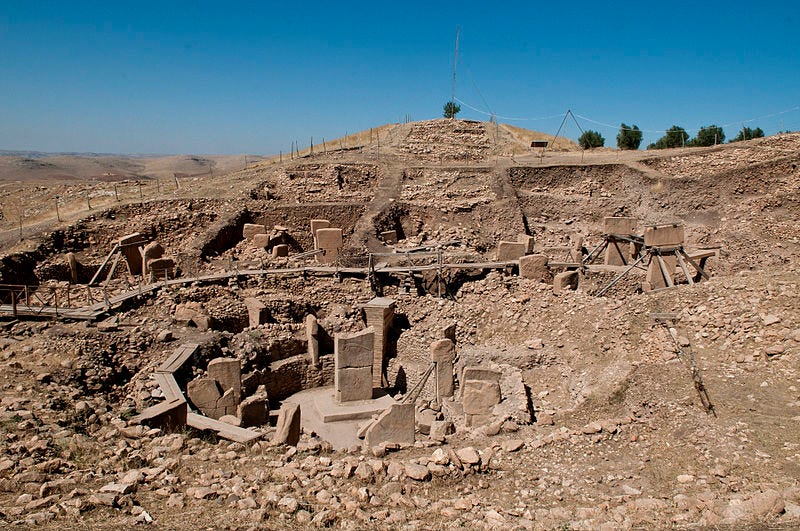
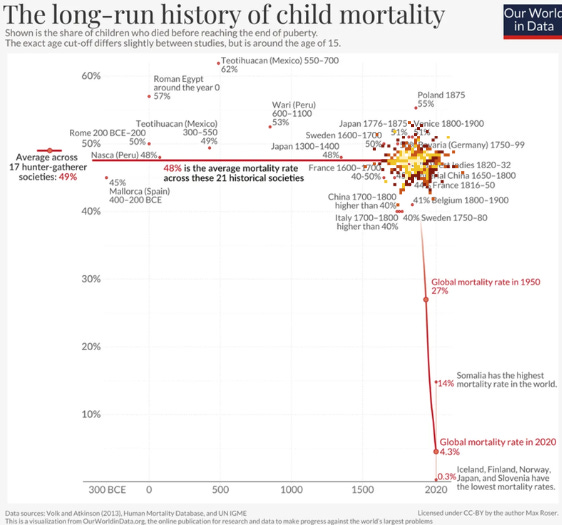
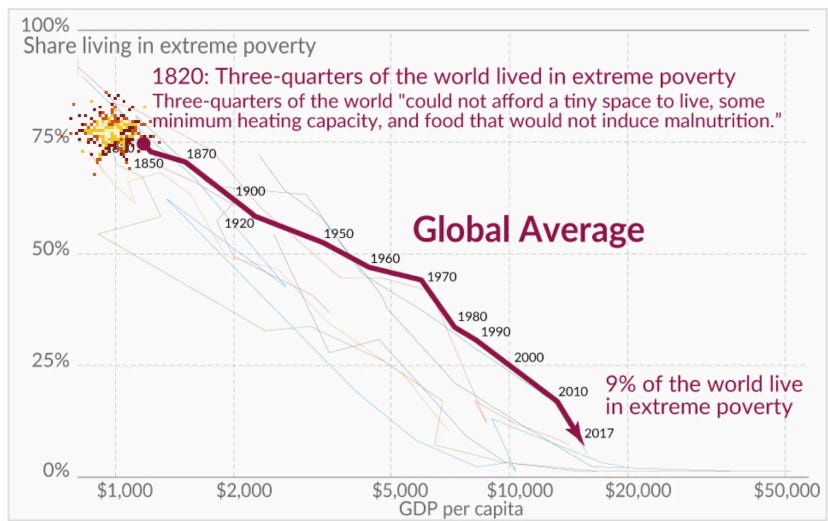
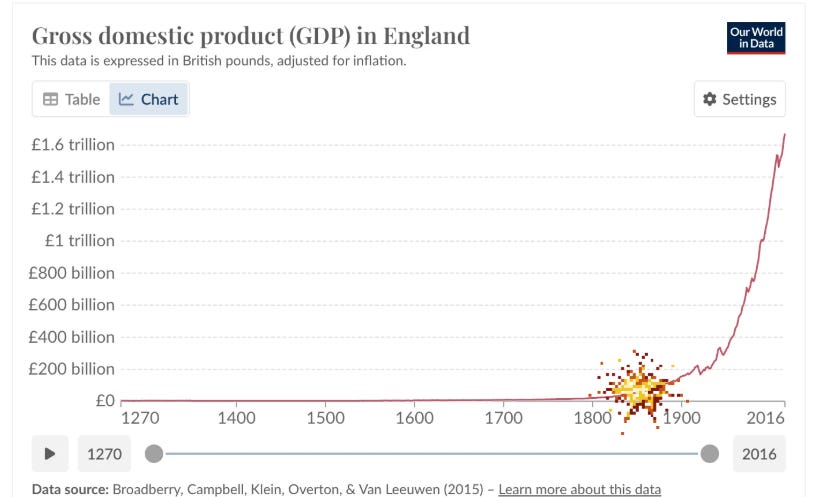


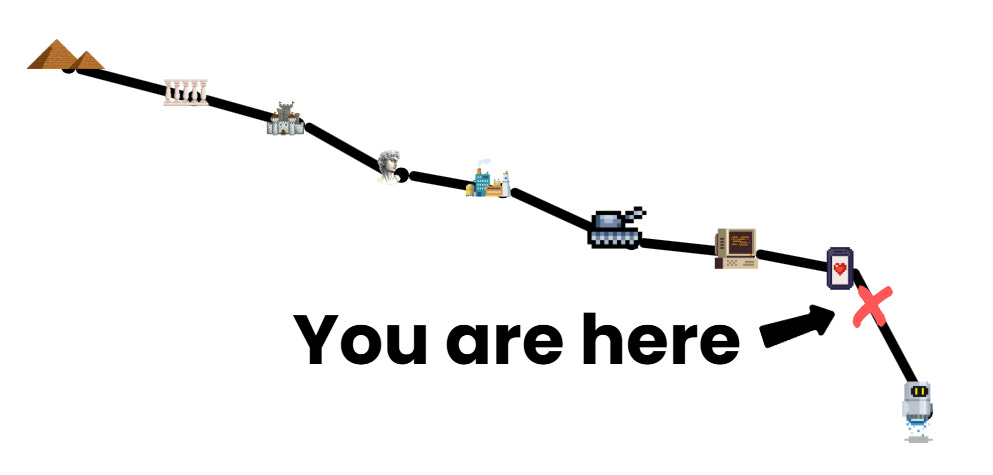
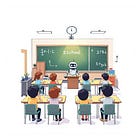
You are going to be a great father. These are the types of insights we need to be discussing as future focused humans. Very wise. Thank you.